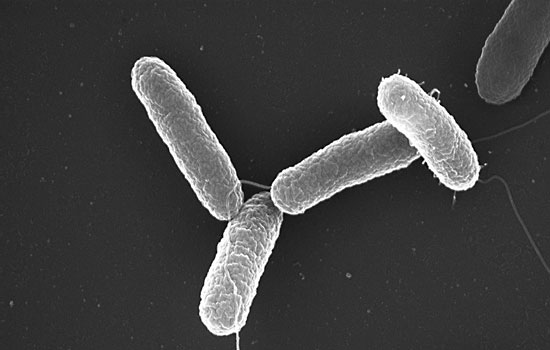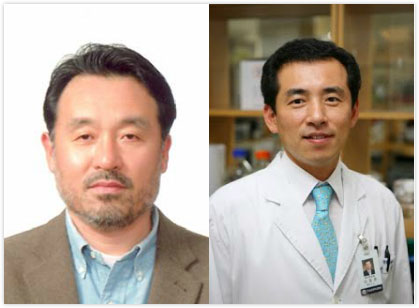Scientists transform harmful bacteria into "anti-cancer fighters"
In the face of the immune system, cancer cells always try to "hidden their identity" and blind the immune system. Therefore, many scientists believe that a feasible way to overcome cancer is to "use some means to expose cancer cells to the immune system." To this end, they have tried many methods, one of which is the use of bacteria to infect cancerous tissues. This time, researchers have discovered new discoveries in this field. They have confirmed that genetically engineered Salmonella typhimurium can cause a strong immune response, effectively kill tumors and was first discovered to inhibit tumor metastasis!
The study was completed by researchers at the National University of South Korea and published in the February 8 issue of Science Translational Medicine. Salmonella typhimurium is a kind of Salmonella. Salmonella belongs to anaerobic bacteria, and the tumor microenvironment happens to be an anoxic environment, which provides feasibility for Salmonella "undercover" cancer tissue. In past studies, under ideal conditions, bacteria played a "very strong" role in the "battle" of coping with tumors. On the one hand, he "rooted" in tumors to breed and use his own toxicity. On the other hand, it also shows its identity as an "invader", attracting the "firepower" of immune cells to fight cancer, and of course, it can't "live".

Salmonella typhimurium
Most of the ideas based on bacterial treatment of cancer are the same, but the reality is often less than ideal. First of all, like Salmonella, we know that it is a pathogen, so in order to ensure safety, the toxicity of bacteria will be artificially weakened, and the effect of bacteria in the tumor causing immune system attack will also be inhibited by the tumor, making treatment not good. Effect. This reality was also confirmed in a previous phase I trial of melanoma. The researchers injected the patient with attenuated Salmonella typhimurium. Although the safety was guaranteed, the treatment was disappointing. No patient. The tumor was eliminated as expected.
This new study is also very coincidental. Two professors Jung-Joon Min and Joon Haeng Rhee of the National University of South Korea (the two are the authors of this study) have led their team to work hard to find new ones. Anti-cancer drugs. At the same time, in 2006, crustaceans on the coast of South Korea died of large-scale deaths from vibrio vulnificus, so they also conducted a study to develop a vaccine that inhibits Vibrio vulnificus. In the experiment, they found that a protein in the flagella of Vibrio vulnificus can cause a strong immune response. This protein is called flagellin B (FlaB), and they later published their findings in the 2013 Vaccine. In the magazine [3].
Through this research, they thought, if a relatively safe bacteria also produces FlaB, can it also cause an immune response to fight cancer? So they chose the more mature and used S. typhimurium. The researchers first attenuated it, and then used genetic engineering technology to transfer the coding gene of FlaB, so that it could overexpress and produce FlaB. .

Professor Joon Haeng Rhee (left) and Professor Jung-Joon Min (right)
Agrochemicals
Shandong YingLang Chemical Co.,Ltd , https://www.sdylhgtrade.com